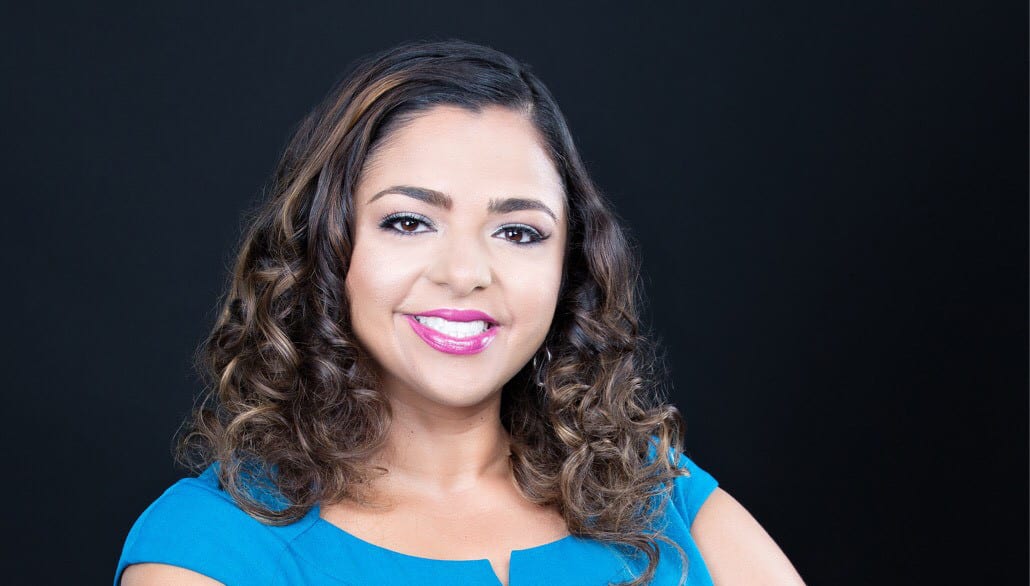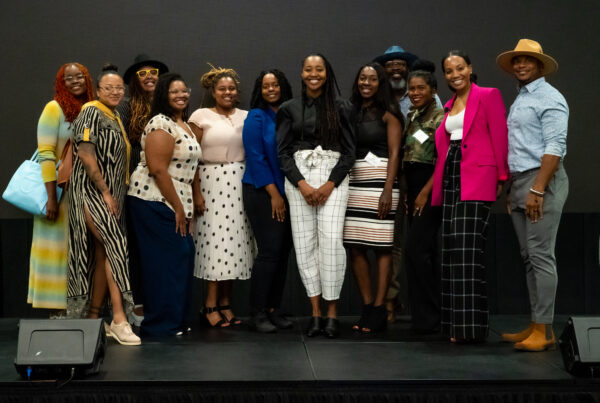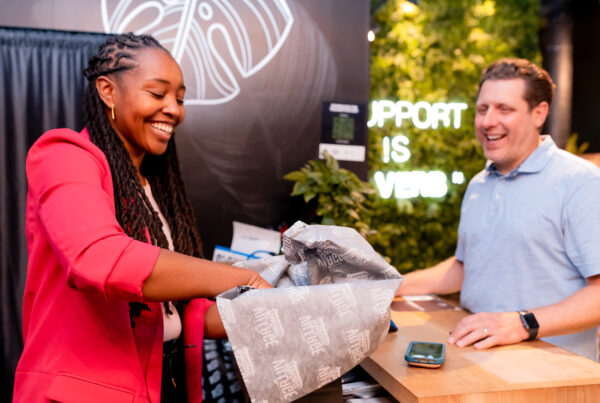Intellectual property (IP) is divided into three parts- patents, trademarks and copyrights. Simply put, patents protect inventions. Trademarks protect brands and copyrights protect written works. All entrepreneurs have some type of intellectual property but often, their intellectual property is not protected or enforced because they are unsure of how to protect their patent, trademark or copyright or because they believe myths. Avoid these patent, trademark and copyright myths and protect and enforce your intellectual property.
Inventors often ask, “What percent do I need to change the invention so that I can get a patent?” Often, inventors assume that they can invent something or that they can patent something by changing a percent of something that already exists. That is one of the biggest assumptions that inventors make and it’s very wrong. In order for an invention to be patentable, it needs to be novel, non-obvious, and useful and solve a problem. Speak with a patent attorney to conduct research to determine if your invention is patentable.
A trademark is your brand that consumers identify your products or services by. A trademark is a word, phrase, symbol or design, or a combination of words, phrases, symbols or designs, that identifies and distinguishes the source of the goods of one party from those of others. First, ™ and ® are not synonymous. ™ and ® symbols are positioned near the trademark in a superscript font. These symbols are not synonymous. You cannot legally use the ® symbol until the United States Patent and Trademark Office (USPTO) approves your mark for registration. Once federally registered, as often as reasonably possible you should display the symbol “®” (the letter R enclosed within a circle), the words “Registered in United States Patent and Trademark Office,” or the words “Reg. U.S. Pat. & Tm Off.” in connection with the mark. Display of a registration notice is not mandatory, but is recommended.
Owning a domain name does not necessarily mean that you own the trademark and vice versa. A domain name is your web address e.g. www.evansiplaw.com. Owning a domain name does not necessarily give you trademark rights and vice versa. If the domain name is only used as an Internet address, it will not be qualify as a trademark. For example, if the domain name is only used in the address bar or if it’s used as part of the contact information for the domain owner, this use does not qualify as trademark use. However, if the domain name is used as a source identifier for goods and services, it may be eligible for trademark protection. It’s critical that the domain name be viewed by consumers as a symbol of origin of products or services.
You own copyrights in written works as soon as you put the pen to paper. Copying and pasting texts or images and giving the author credit can still be a violation of copyright law. Ask permission or pay a licensing fee to use the written work. Lastly, do not assume that things on the Internet are free and fair to use. For example, copying an image from Google and pasting it into a document may be copyright infringement.
Don’t make any of these assumptions! Patent your inventions! Trademark your brand name! Copyright all of your written materials! Seek the help of a qualified IP attorney to help you.
About Andrea Hence Evans:
Andrea Hence Evans, Esq. is the owner of The Law Firm of Andrea Hence Evans, LLC, an intellectual property law firm. Prior to launching the Firm, she worked at the USPTO as both a Patent Examiner and a Trademark Attorney. She is a graduate of The George Washington Law School in Washington, DC. She is a graduate of Spelman College and Georgia Institute of Technology (Georgia Tech) in Atlanta, Georgia, where she obtained a Bachelors of Science in Mathematics and a Bachelors of Civil Engineering, respectively. Andrea Hence Evans, Esq. is a member of the Texas bar. She is also a registered Patent Attorney. She is a member of the US Supreme Court Bar. The Firm currently represents independent inventors, entrepreneurs, small, medium, and Fortune 100 clients in multiple states and multiple countries with patent, trademark and copyright issues. She is also the owner of a hands-on Science, Technology, Engineering and Math program, KidGINEER, LLC. She is the author of the best seller, All About Inventing, Everything You Need to Know About Patents from a Former USPTO Patent Examiner & Patent Attorney. She is also a Patent Attorney on the PBS television show, MAKE48. She can be found on social media @evansiplaw. Subscribe to her newsletter at www.evansiplaw.com or text evansiplaw to 444999.







